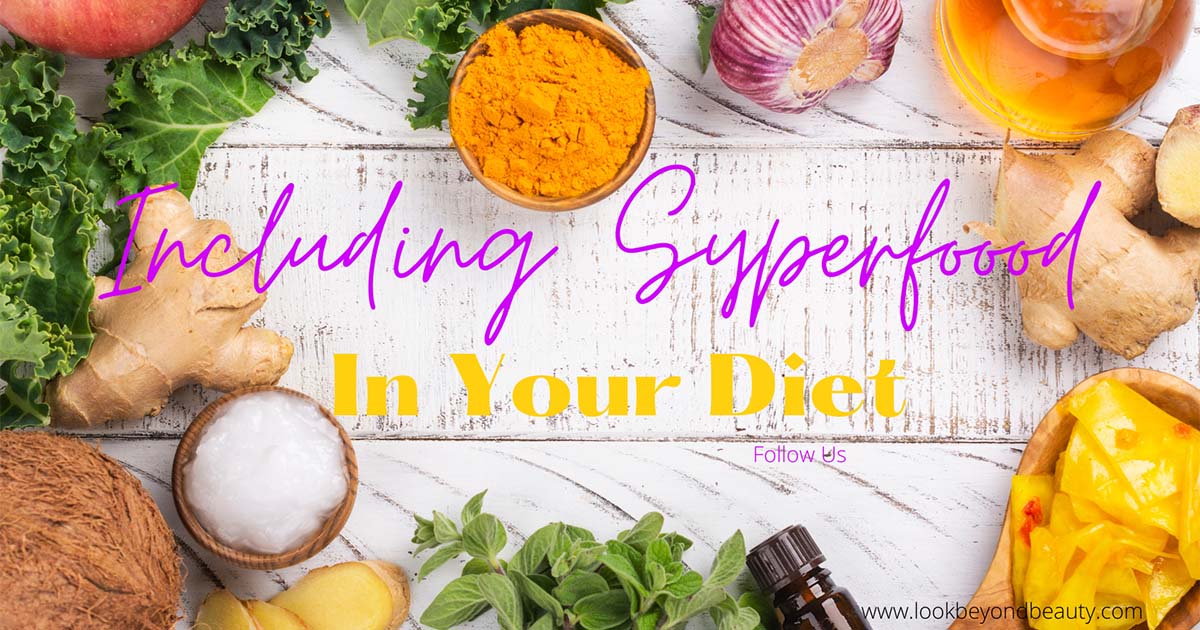
As the saying goes, ‘you are what you eat’. Anything that comes in a box, in the store’s freezer section, or a can should be avoided as much as possible. Unless you are 100% sure that no sugar or salt has been added. Or if that’s your only choice. However, when we know better, we try to do better.
You can change your eating habit by including superfoods in your diet. Of course, doing so one step at a time will make it feel less overwhelming. You can change your diet to be primarily whole food, one step at a time. Eating more wholesome food reduces the chances of inflammation in the body. You should also avoid sugar as much as possible since it hurts your metabolism and can cause chronic diseases like diabetes or heart problems.
Why Include Superfoods In Your Diet
Chronic diseases increase your risk of getting sick from a virus. We understand that many illnesses are now related to the health of our immune system. We can link the immune system to many aspects of our life.
The role of our immune system is to protect us from any foreign substances that could harm the body. These foreign substances are also known as antigens. Antigens include bacteria, viruses, parasites, and fungi. When those organisms are present in the body, they trigger the immune system, which tries to destroy the antigen with various mechanisms.
Did you know that there are certain “superfoods” that, if consumed regularly, can have an almost miraculous effect on the health. And strength of your immune system? These foods contain nutrients and disease-fighting properties that will supercharge the immune system.
Today I want to share a mini–Superfood Diet guideline to follow. Also, I have a surprise for you. I am giving away a free e-book on Superfoods to support your health journey. I think it will be an extra value to your health journey.
The Superfoods Diet essentially refers to a style of eating that emphasizes consuming foods based on their nutritional value. Foods offering the most nutrients or beneficial compounds per serving are favored.
Superfoods for your diet are should be rich in antioxidants, vitamins, minerals, phytonutrients, enzymes, and fiber. These foods help support the immune system and reduce oxidative stress in the body, which can lead to early aging and, eventually, disease.
Many people feel that foods must be exotic to be considered a superfood, but others think all whole foods are “super.”
Foods to include:
- Berries (acai, blueberries, blackberries, tart cherries, raspberries, goji, lingonberries)
- Leafy greens (collard greens, kale, Bok choy, mustard greens, chard)
- Beans/legumes (lentils, black beans, peas)
- Whole grains (oats, quinoa, brown rice, forbidden rice)
- Mushrooms (chaga, rishi, shiitake)
- Seeds (chia, hemp, flax, pumpkin)
- Probiotic-rich foods (pickles, tempeh, kombucha, kefir)
- Pasture-raised eggs
- Pomegranates
- Avocados
- Ginseng
- Spirulina and blue-green algae
- Wheatgrass
- Maca
- Turmeric
- Green tea
- Cacao
- Juices/smoothies
- Organic foods (no pesticides)
Avoid these foods:
- Refined foods (sugar, grains, etc.)
- Most animal foods
- Artificial colors, sweeteners, and preservatives
- GMOs
Pros:
- It relies primarily on whole foods
- High in antioxidants
- It may help to support longevity
Cons:
- It may be more costly
- It may require more prep time
- Some superfoods may interact with certain medications. If you are on medication, consult your physician first to ensure there isn’t a risk of food-drug interaction.
I hope you enjoyed it!
Marcey,
XOXO
DISCLAIMER: The content in this blog is for informational purposes only. And not intended to diagnose, treat, cure, or prevent any medical condition or replace your healthcare professional’s advice and guidance. If you suspect a medical condition, please seek medical attention immediately.

